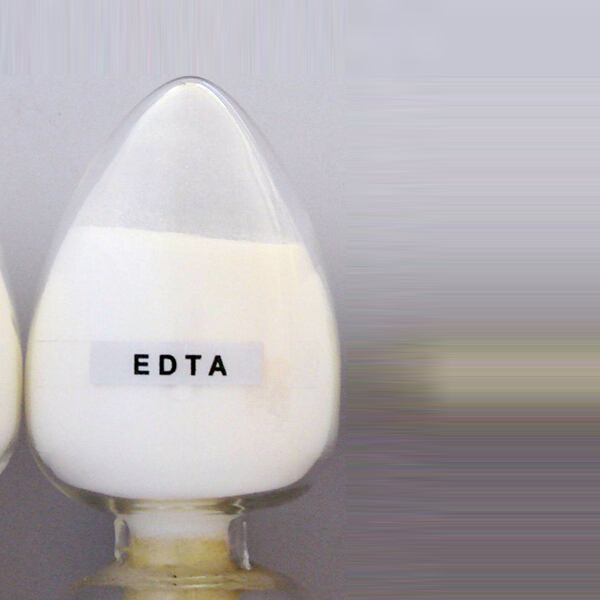
News
Ago . 07, 2024 17:10 Back to list
Exploring the Roles of Oxidizing Agents and Chelating Agents in Chemical Reactions and Complexation
The Role of Oxidizing Agents and Chelating Agents in Chemistry
In the fascinating world of chemistry, oxidizing agents and chelating agents play pivotal roles in various chemical reactions and processes. Understanding their functions, properties, and applications is essential for chemists and students alike, as these agents contribute to numerous fields, including biochemistry, environmental science, and industrial applications.
Oxidizing Agents
An oxidizing agent, or oxidant, is a substance that facilitates the oxidation of another species by accepting electrons. This process is fundamental in redox (reduction-oxidation) reactions, where the oxidizing agent itself undergoes a reduction. Common examples of oxidizing agents include oxygen (O₂), hydrogen peroxide (H₂O₂), potassium permanganate (KMnO₄), and chlorine (Cl₂).
The role of oxidizing agents extends beyond simple electron transfer; they are crucial in various applications. In organic chemistry, oxidizing agents are used to convert alcohols into aldehydes or ketones. In the realm of environmental science, oxidizing agents are employed in wastewater treatment to degrade harmful pollutants. Additionally, in biological systems, oxidizing agents are vital for cellular respiration and the production of energy.
Chelating Agents
Chelating agents, or ligands, are compounds that can form multiple bonds with a single metal ion. This unique ability to grab metal ions through the formation of stable, ring-like structures (chelate complexes) is what distinguishes chelating agents from other types of ligands. Common chelating agents include ethylenediaminetetraacetic acid (EDTA), citric acid, and various amino acids.
oxidizing agent and chelating agent quotes

Chelating agents have significant applications across various fields. In medicine, they are used for detoxifying heavy metals in the body, such as lead and mercury, through a process known as chelation therapy. In agriculture, chelating agents help improve the availability of nutrients to plants by forming soluble complexes with essential metals. Moreover, in industrial processes, chelation is crucial for controlling metal ions in solutions, enhancing product quality and stability.
The Interplay Between Oxidizing and Chelating Agents
The interplay between oxidizing agents and chelating agents is particularly interesting in certain chemical processes. For example, in the oxidation of metal ions, chelating agents can stabilize the metal ions in their oxidized state, preventing them from precipitating or forming insoluble compounds. This stabilization can enhance the efficiency of oxidation reactions, making the process more effective and predictable.
Moreover, in biochemical systems, the interaction between oxidizing agents and chelating agents plays a vital role in processes such as oxidative stress management. Reactive oxygen species (ROS), which are powerful oxidizing agents produced during metabolic processes, can cause cellular damage. However, when chelating agents are present, they can bind to metal ions and prevent them from catalyzing the formation of these harmful species, thereby protecting the cells from oxidative damage.
Conclusion
In conclusion, oxidizing agents and chelating agents are indispensable in the field of chemistry. They not only facilitate important reactions but also provide solutions to various practical problems in medicine, agriculture, and industrial applications. Understanding the roles and interactions of these agents opens up a realm of possibilities for innovative research and development, highlighting their significance in advancing scientific knowledge and technology. As we continue to explore the complexities of chemical reactions, the importance of these agents will only grow, underscoring their fundamental roles in both nature and human-made processes.
-
Polyaspartic Acid Salts in Agricultural Fertilizers: A Sustainable Solution
NewsJul.21,2025
-
OEM Chelating Agent Preservative Supplier & Manufacturer High-Quality Customized Solutions
NewsJul.08,2025
-
OEM Potassium Chelating Agent Manufacturer - Custom Potassium Oxalate & Citrate Solutions
NewsJul.08,2025
-
OEM Pentasodium DTPA Chelating Agent Supplier & Manufacturer High Purity & Cost-Effective Solutions
NewsJul.08,2025
-
High-Efficiency Chelated Trace Elements Fertilizer Bulk Supplier & Manufacturer Quotes
NewsJul.07,2025
-
High Quality K Formation for a Chelating Agent – Reliable Manufacturer & Supplier
NewsJul.07,2025
